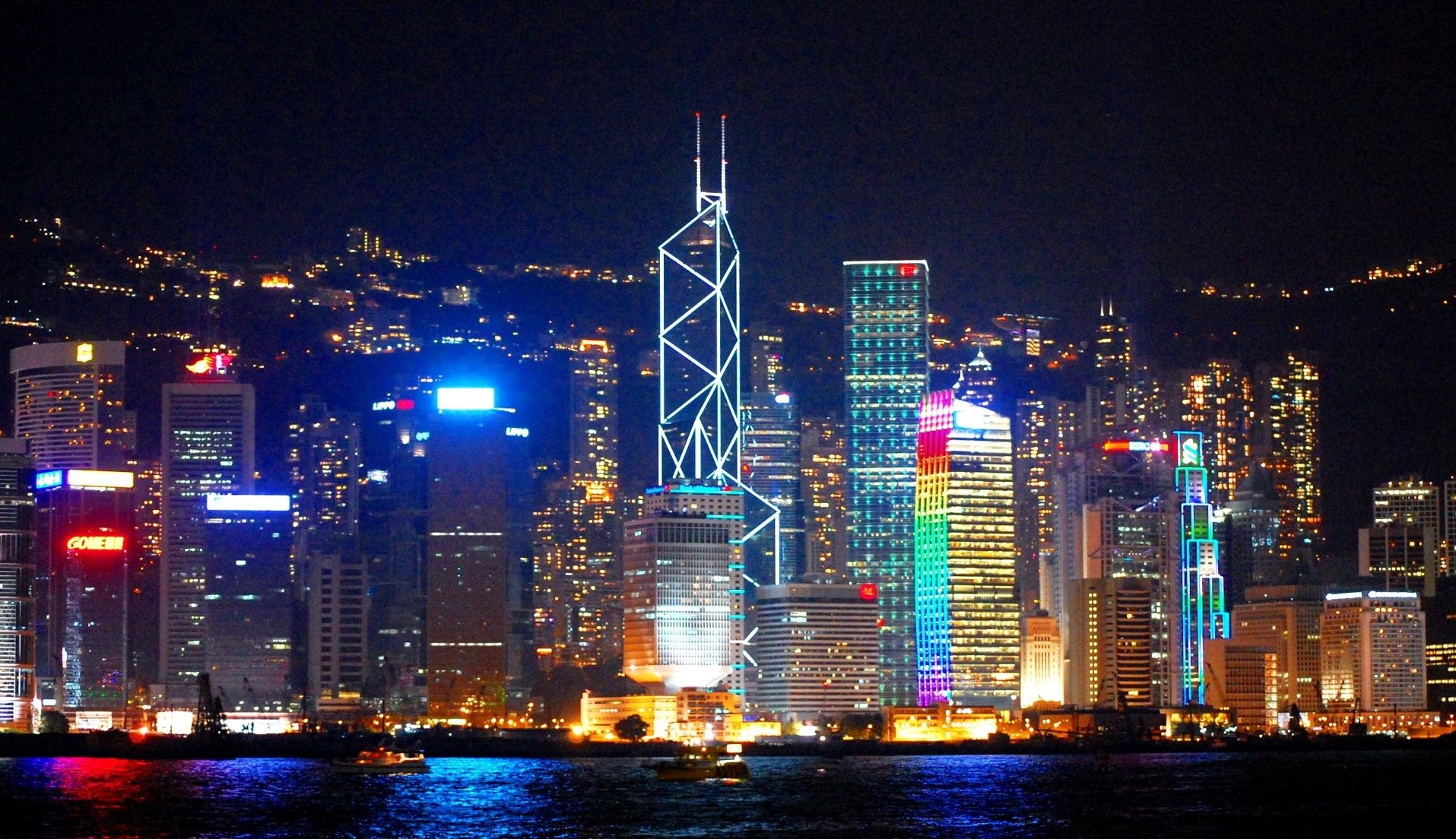Kamal Ahmed on ‘Threats to the Global Economy’
Speaking last Monday at an event hosted by Warwick PPE Society, BBC economics editor Kamal Ahmed delivered an insightful expose on the current threats to the global economy. Focusing on both national and global economics issues, Mr Ahmed discussed the threat posed by a synchronised tightening of monetary policy and increased UK household net borrowing, all the while aiming to provide a framework on how the new generation of economists will need to deal with a changing economic environment.
Kamal Ahmed graduated from Leeds University in 1990 with a degree in political studies, and soon after began to study journalism at the City University Department of Journalism. To say Mr Ahmed then went on to have a distinguished career in journalism is an understatement; his opinion on major economic issues such as Brexit is one of the most sought after among the British press. He has worked for The Guardian as executive news editor, The Observer as a political editor, The Sunday Telegraph as business editor and most recently the BBC, where he first held the role of business editor before being appointed as the economics editor in 2015.
Capitalism had prevailed, growth was on the up, wages were high for most and people were getting wealthier year on year…
Beginning his talk at Warwick, Mr Ahmed produced a simple musing;
“When I went to university, unlike now, it was an oddly settled time economically”
What he is referring to is the relatively benign economic environment of the UK in the 1990s and early 2000s, a period just after the collapse of the Berlin wall and the fall of the soviet-union. Capitalism had prevailed, growth was on the up, wages were high for most and people were getting wealthier year on year. Fast-forward to 2007, the Global Financial Crisis occurred, and everything changed.
“People saw this as the end of liquidity” Mr Ahmed said, “central banks began to flood the markets with cash via quantitative easing (QE), which just about saved the global economy.” Consequently, central banks were having to buy $1.5 trillion in assets each year to produce the cash needed, and growth had stagnated in most developed economies. Fast forward again to 2017/18, only now are all central banks beginning to tighten their stance on monetary policy. The Fed in America have been tightening for years, but other developed economies like Japan are only just starting to reel in their QE.
Who are the businesses/governments that have been kept alive by this process of QE? Will we see them fail without the much-needed liquidity?…
This was the first threat to the global economy raised by Mr Ahmed; the synchronised tightening of monetary policy. Who are the businesses/governments that have been kept alive by this process of QE? Will we see them fail without the much-needed liquidity?
Within the UK, Mr Ahmed argued that the most worrying issues for the economy was the trend of UK household borrowing rates. In the past year UK households borrowed more than they have spent, becoming net borrowers for the first time since data started to be collected by the Office for National Statistics in 1987. People have had to start to dip into their savings, and on average people are no wealthier than they were in 2007. That’s a decade of working and having little to show for it. Mr Ahmed says this is a result of the UK’s productivity issue, whereby ‘output per worker’ in the UK is not enough to drive economic growth and create wealth.
“The central tenant of capitalism, the belief that the market will provide for everyone, has failed” Mr Ahmed stated, “and the challenge for the new generation of economists is to define a new economic model for the global economy.” This is not a cause for concern, more so an opportunity to create a system that won’t fail on the scale of the 2007/8 Global Financial Crisis, one that can improve productivity and bring real wealth growth back into the lives of the ordinary man.
The central tenant of capitalism, the belief that the market will provide for everyone, has failed…
It was this key message Mr Ahmed left his Warwick audience; what will this new system look like? Does the future lie in automation and artificial intelligence? Will we finally see a power shift from the West to East? Or will capitalism prevail once again, and will the market continue to provide for use for the next 1000 years?

Comments